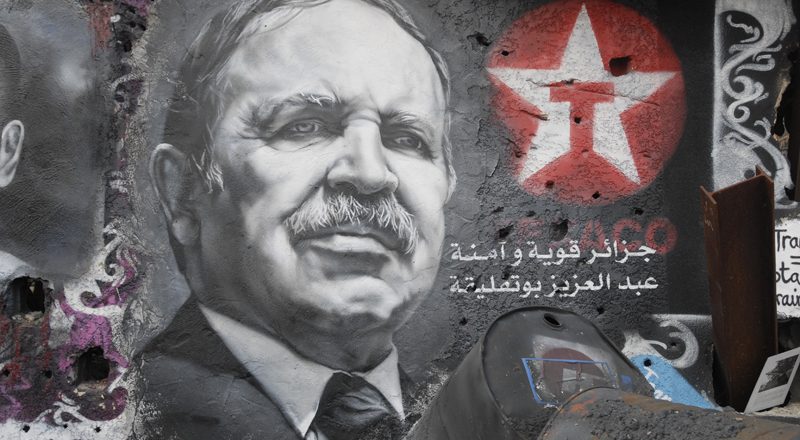
Bouteflika resigns and interim rulers under pressure for more change
On 2 March, Bouteflika ended a 20-year grip on power as president of Algeria, after a final nudge by the military following six weeks of massive protests, calling for a democratic change. The country is left in the hands of an interim government until elections in three months, with no successor in sight, although the name of Ahmed Benbitour (who served as PM under Bouteflika before resigning over lack of progress of reforms) has been put forward. What is clear is that protesters refute all successor that would be in any way linked to “le pouvoir”, the popular nickname for the ruling elite made of elderly veterans, business tycoons and National Liberation Front (FLN) party members. Ali Benflis, a former head of the FLN party expressed that other leading figures should also quit, in particular, Abdelkader Bensalah, chairman of the upper house who is standing in for Bouteflika for 90 days, interim PM Noureddine Bedoui and constitutional council head Tayed Belaiz. U.N. Secretary-General Antonio Guterres said he “looks forward to a peaceful and democratic transition process that reflects the wishes of the Algerian people,” a statement reads.
- The Euromed news are edited by the team of the Euro-Mediterranean Policies Department of the European Institute of the Mediterranean -


